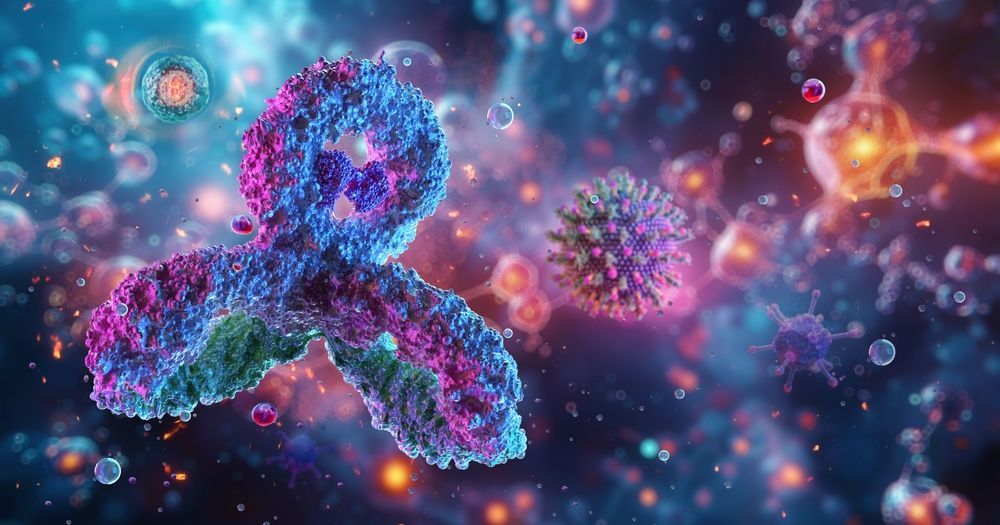Part 1: Gut Microbiome & Cancer – The Hidden Connection

When most people think of cancer, they rarely imagine the gut as the starting point. Yet science is uncovering a powerful truth: your digestive system is one of the first lines of defense against cancer—and when it’s out of balance, the risk rises dramatically.
The Gut as a “Garden”
Inside your digestive tract lives an entire ecosystem of bacteria, fungi, and other microbes—collectively called the gut microbiome. Think of it like a garden: when healthy plants (beneficial bacteria) flourish, weeds (harmful microbes) are kept under control. But if the weeds spread, the soil becomes unhealthy, and disease takes root.
In the same way, a balanced gut microbiome protects your body by:
- Regulating the immune system – 70% of your immune cells live in the gut.
- Reducing chronic inflammation – a major driver of cancer growth.
- Neutralizing toxins – stopping carcinogens from damaging cells.
When this balance is lost—often due to poor diet, stress, or antibiotic overuse—harmful bacteria multiply, the gut lining weakens, and chronic inflammation begins. Over time, this creates an environment where cancer cells can thrive.
Gut-Linked Cancers
Studies link gut imbalance (dysbiosis) to several cancers:
- Colorectal cancer – directly tied to harmful bacteria in the colon.
- Liver cancer – fueled by toxins and inflammation that spread from the gut.
- Breast and prostate cancers – influenced by gut microbes that affect hormone balance.
Why This Matters
Cancer prevention isn’t only about detecting tumors early—it’s about creating an internal environment where cancer cells never get the chance to grow. And that begins with your gut health.
Key Takeaway
Your gut is more than a digestive system—it’s the foundation of your immune system and a powerful shield against cancer. Keep your “garden” healthy, and you strengthen your body’s natural defenses.
Stay tuned for Part 2: Foods That Heal – Nutrition for Gut & Cancer Prevention, where we’ll dive into the everyday foods that feed your good bacteria and starve the bad.



